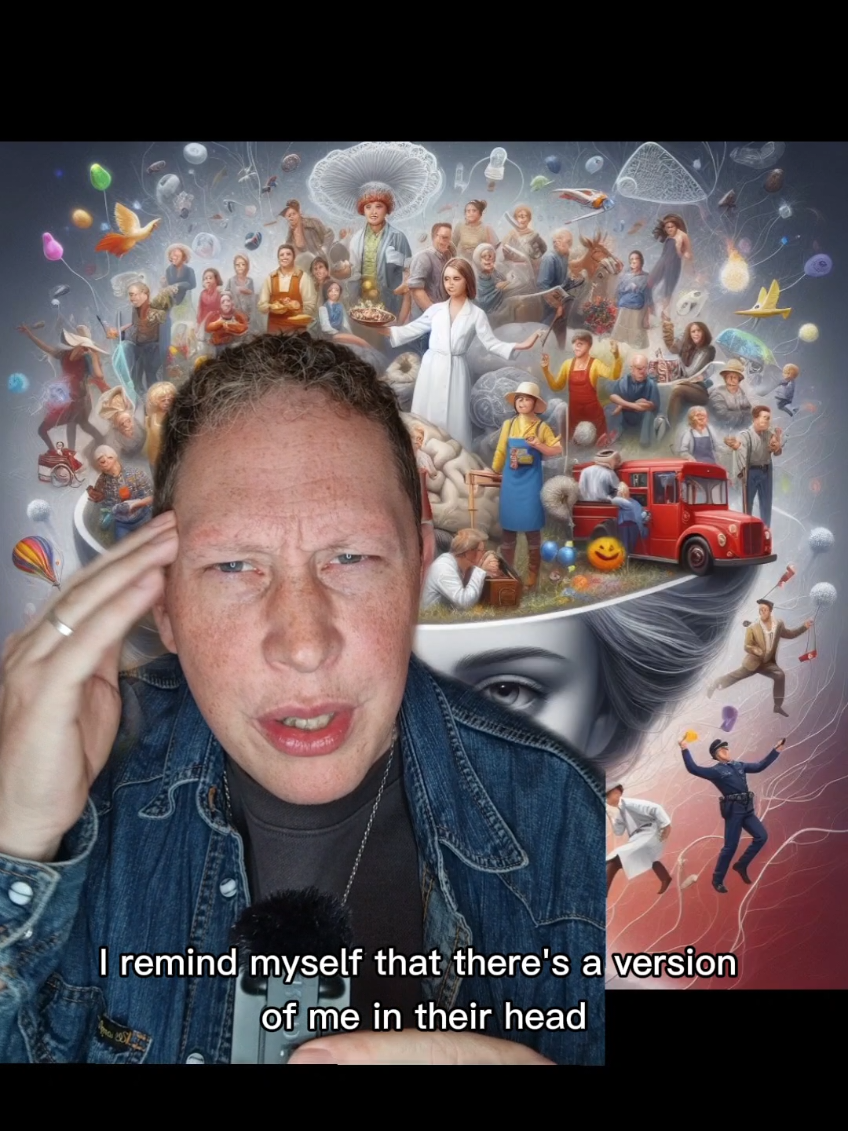From Careless People:
I think many of the employees are fine with that. Most of the company is made up of white and Asian men who don’t seem to have a problem with how things have been going. The entitlement in the Facebook offices flows as freely as the prosecco from the Prosecco Tap that’s installed in one of the Facebook office kitchens. When there are complaints of gentrification around Facebook’s Menlo Park campus, driving up rents and forcing longtime residents out, they post things that could have been lifted from the pages of Atlas Shrugged, like, “I take exception to think that I am part of the problem, I won’t be villainized for my own successes in life.” And, “These people just want our gobs of money.”
Instead of accusing them of being similar to AS, I think it’d be more reasonable and effective to accuse them of being bad according to AS (as well as according to anything left of center). In some sense, they’re bad according to both sides. They’re far right on capitalism, sort of, but also bad according to AS. What they’re doing is awful according to anything socialist or mixed/moderate but also awful according to the pure capitalists like Rand or Mises. I think it’d be better to say something more like that. (Though also this paragraph jumps from the issues the book mostly talks about, which I had in mind, to specifically the issue of raising housing prices in the area, which may not have been mentioned at all previously, and which is actually a complex issue. I’m speaking more generally based on the overall themes of the book, not trying to tackle the details of this one issue that got brought up very briefly, which I think is problematic to bring up an issue with some nuance like it’s a really simple matter of good guys and villains. It’s fine to paint the Facebook executives as villains in general based on many chapters of reasoning, not based on a few sentences, but this kind of side point should be milder because it’s explained and argued way less.)
I suspect the author simply doesn’t know that their behavior wildly contradicts AS. That Facebook executives are villains according to both Marx and Rand.
If the author hasn’t read AS, and doesn’t know enough about it to recognize how different her enemies are from AS heroes, then she shouldn’t bring up AS in a book. Ignorance of AS is fine, but in that scenario, don’t bring up AS in writing in your book!
For housing specifically, I imagine there are anti-capitalist things being done by FB people, but also there are a lot of government restrictions on developing housing so if these people were actually libertarian minded they would say a standard talking point like “It’s not my fault that housing prices are too high; it’s the government’s fault.” But she doesn’t report them saying that, either because they don’t say it or she (the book author) doesn’t recognize why such statements would be important and relevant to her point.
Just denying being part of the problem of high housing prices when you demanded housing and bid a lot of dollars for it is absurd. Even if you aren’t a villain in the story, you’re obviously involved. Similarly, a more free market take than accusing people of greed would be to say they ought to move to lower cost of living areas, and that people being displaced and having to move is a normal part of a progressive (rather than static) economy and that people having to move to different locations is the same as blacksmiths having to change jobs. When society is progressing and changing then people will have to make changes to keep fitting in well; if they change nothing they can get out of sync. Such comments would be more reasonable and open to debate; just accusing people of wanting money doesn’t sound very Objectivist. She might actually be right that some of these people are AS readers and fans, but I think a lot of them have little involvement in Objectivism and don’t know much about it, and even if they did have involvement in Objectivist groups today and actually study it some, one could still point out how their positions do not match Rand’s, and that seems more effective than just saying Objectivism is bad, but that gets back into the author ought to either know something about Rand or not bring Rand up.
But maybe my concept of what’s effective or good to write in books is too related to persuading intelligent people and unintelligent attacks are effective. But basically the rest of the book seemed fine to me, and more intelligent, reasonable and logical, so I read this part as worse, as not fitting in with the quality of the rest of the book. It’s not like the rest of the book is aimed at inflaming the emotions of idiots; it reads as not some fancy philosophy book but also certainly not low brow; it reads as written by and aimed at intelligent, educated people.

